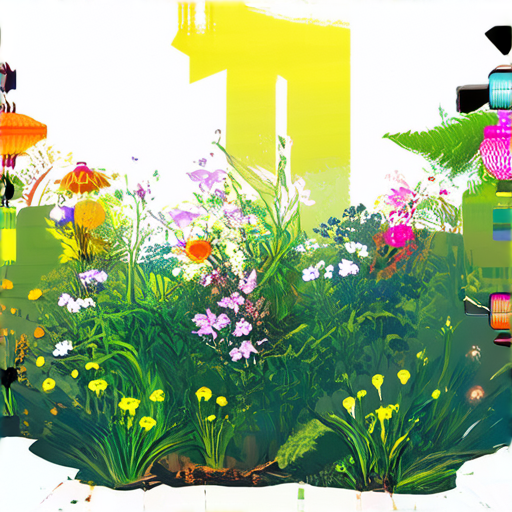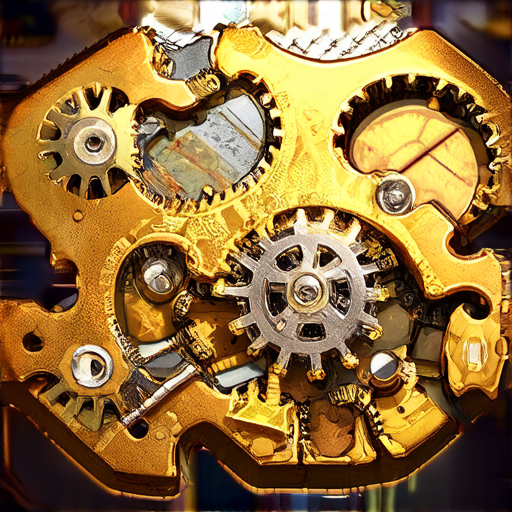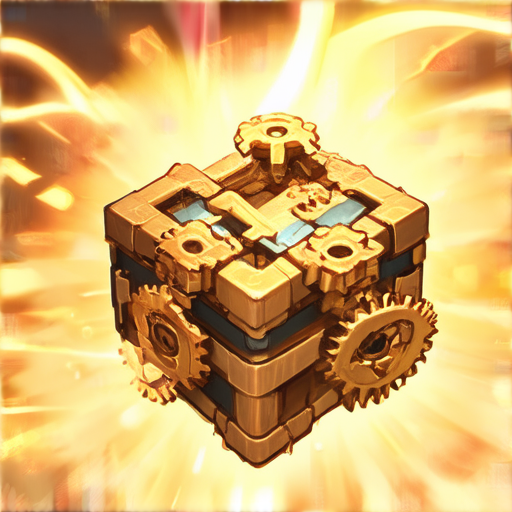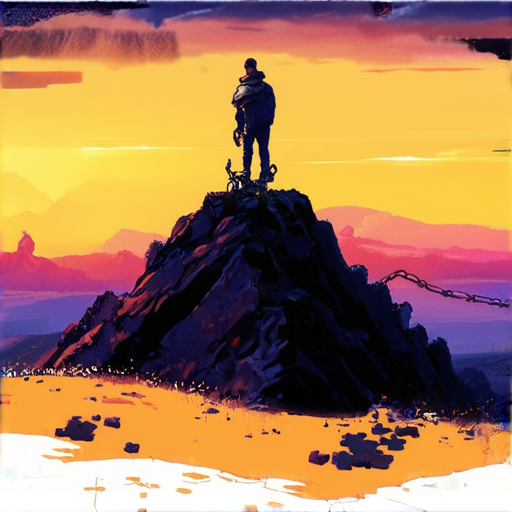As the gaming industry continues to evolve, independent game developers face increasing pressure to deliver high-quality products efficiently and profitably. With the rise of digital distribution platforms and the democratization of game development tools, the barriers to entry have never been lower, but the competition has never been fiercer. For those looking to break into the industry, understanding the intricacies of the indie game dev workflow is crucial for success.

Hours Worked by Indie Game Developers
As an indie game developer myself, I can attest that our work schedule varies greatly depending on the project’s requirements and deadlines.
- Standard Working Hours: Typically, we work around 40 to 50 hours per week, which is comparable to a standard full-time job.
- Crunch Time: During periods of intense work before project milestones or release dates, our working hours can significantly increase to 60-80 hours weekly.
- Flexible Schedules: One of the benefits of being an indie game developer is having flexible schedules, allowing us to work from home or adjust our hours according to our needs.
- Overtime Compensation: While we may work long hours, we don’t always receive overtime compensation, making it essential to manage our time effectively and prioritize tasks.
- Self-Motivation: As independent developers, we rely heavily on self-motivation and discipline to meet deadlines and deliver high-quality products.
In conclusion, the number of hours worked by indie game developers can vary greatly depending on the project’s demands and our individual work styles.
The 7 Stages of Game Development
I’m excited to share my knowledge on the game development process with fellow indie game developers.
-
Planning
-
Pre-production
-
Production
-
Testing
-
Pre-launch
-
Launch
-
Post-production
This stage involves defining the project scope, setting goals, and establishing a timeline. It’s crucial to have a solid plan in place to guide the development process and ensure everyone involved is on the same page.
In this stage, we start building prototypes, creating concept art, and developing the game’s core mechanics. It’s essential to test and iterate on these early versions to identify potential issues before moving forward.
This is the meat of the game development process, where we bring our ideas to life. We’ll work on implementing features, designing levels, and polishing the overall gameplay experience.
During testing, we’ll identify bugs, balance gameplay mechanics, and ensure the game meets our quality standards. This stage is critical in catching any issues before releasing the game to the public.
In the lead-up to launch, we’ll finalize preparations, conduct last-minute testing, and make any necessary adjustments. This stage helps us ensure a smooth transition into the next phase.
The moment of truth! We’ll release our game to the world, making it available on various platforms. This stage requires careful planning, marketing, and promotion to reach our target audience.
After launch, we’ll continue to monitor player feedback, gather analytics, and make updates to improve the game. This stage helps us refine our product, fix issues, and keep players engaged.
By following these 7 stages, indie game developers can create high-quality games that meet player expectations and stand out in a crowded market.
At Indie Dev Games, we’re passionate about helping developers succeed through education, resources, and community support.
For more information on game development, check out our tutorials and reviews sections.
We also recommend exploring Unity and Unreal Engine for game development tools and resources.
Remember to always follow best practices and stay up-to-date with the latest trends and technologies in the game development industry.

How Does Indie Game Development Work?
As an indie game developer, I can attest that the process involves several stages, from conceptualization to launch.
-
Conceptualization
This is the initial stage where ideas are born, and the project scope is defined.
- Brainstorming: Identifying the game concept, genre, and target audience.
- Research: Gathering inspiration from other games, analyzing market trends, and understanding player preferences.
- Idea refinement: Refining the concept based on research findings and personal interests.
-
Pre-production
This stage involves planning, preparation, and setup before actual development begins.
- Project planning: Creating a project schedule, setting milestones, and allocating resources.
- Team assembly: Assembling a team of developers, designers, artists, and writers.
- Tool selection: Choosing the necessary software, hardware, and platforms for development.
-
Production
This is the core development phase where the game is created.
- Game design: Creating the game mechanics, levels, and user interface.
- Art creation: Developing the visual assets, sound effects, and music.
- Coding: Writing the game engine, implementing features, and debugging issues.
-
Testing and Quality Assurance
This stage ensures the game meets quality standards and is free from bugs.
- Alpha testing: Internal testing to identify major issues and polish gameplay.
- Beta testing: External testing to gather feedback from players and fix minor issues.
- Polishing: Finalizing the game, making last-minute adjustments, and preparing for launch.
-
Launch and Marketing
The final stage involves releasing the game to the public and promoting it.
- Launch preparation: Setting up distribution channels, creating marketing materials, and scheduling promotions.
- Release: Launching the game on various platforms, including PC, consoles, and mobile devices.
- Post-launch support: Providing updates, patches, and customer support to ensure a positive player experience.
Throughout the process, indie game developers must balance creativity, technical skills, and business acumen to bring their vision to life.
At Indie Dev Games, we offer resources, tutorials, and community support to help developers navigate the challenges of indie game development.
For more information on game development, visit our website at https://indiedevgames.com/.

Starting Off as an Indie Game Developer
I’m excited to share my journey as an indie game developer, and I hope to inspire others who are just starting out.
-
Step 1: Define Your Vision
Determine what type of games you want to create and what makes them unique. Consider factors like genre, gameplay mechanics, art style, and target audience.
- Create a game concept document outlining your ideas, goals, and timelines.
- Develop a rough prototype to test your core mechanics and gather feedback.
Step 2: Choose Your Tools and Software
Select the programming languages, game engines, and software that fit your project’s needs and skill level.
- Popular game engines for indie devs include Unity and Unreal Engine.
- Programming languages like C#, Java, and Python are commonly used in game development.
Step 3: Build Your Team (Optional)
If you’re working on a large-scale project, consider assembling a team of fellow developers, artists, and designers.
- Hire freelancers or collaborate with friends and colleagues who share your passion for gaming.
- Establish clear roles, responsibilities, and communication channels to ensure a smooth workflow.
Step 4: Learn and Improve Constantly
Stay up-to-date with industry trends, best practices, and new technologies through online courses, workshops, and conferences.
- Participate in game jams and hackathons to gain hands-on experience and network with peers.
- Join online communities, forums, and social media groups to connect with other indie devs and learn from their experiences.
Step 5: Create a Marketing Strategy
Develop a plan to promote your game, engage with your audience, and build a loyal community.
- Establish a strong online presence through social media, email newsletters, and a website.
- Reach out to influencers, reviewers, and content creators to showcase your game and gather feedback.
Step 6: Launch and Iterate
Release your game to the public, gather feedback, and continuously update and improve it based on player input.
- Analyze player behavior, crash reports, and review feedback to identify areas for improvement.
- Patch and update your game regularly to fix bugs, balance gameplay, and add new features.
Remember, becoming a successful indie game developer takes time, dedication, and perseverance. Stay passionate, keep learning, and always strive to create something amazing!
Is it Profitable to be an Indie Game Developer?
As an indie game developer, I’ve seen firsthand the potential for success and financial gain in this field.
- The truth is, many indie game developers can earn a decent income, with some even making six figures or more per year.
- A survey conducted by Indie Dev Games found that:
- About 14% of respondents made between $50,000 and $100,000 annually.
- Roughly 10% earned over $200,000 per year.
- And astonishingly, 1 respondent reported making over $7 million annually!
Why Some Indie Developers Succeed While Others Struggle
The key to success lies in understanding the market, creating high-quality games, and effectively marketing them to potential customers.
- Market Research: Conduct thorough research to identify gaps in the market and understand what types of games are currently in demand.
- Game Development: Invest time and effort into developing engaging, well-designed games that meet player expectations.
- Marketing Strategies: Utilize effective marketing tactics, such as social media promotion, influencer partnerships, and targeted advertising, to reach your target audience.
Resources for Indie Game Developers
To increase chances of success, take advantage of available resources and communities that support indie game development.
- Indie Dev Games offers tutorials, reviews, and tips focused on game creation, empowering game creators with insights on development tools, design techniques, marketing strategies, and community stories.
- Other notable resources include:
Conclusion
While success as an indie game developer requires dedication, hard work, and a willingness to learn, the potential rewards are substantial.
By focusing on market research, game development, and effective marketing, indie game developers can increase their chances of success and potentially earn a significant income.

How Hard Is It to Code an Indie Game?
As an indie game developer, I can attest that coding an indie game requires dedication, patience, and a willingness to learn.
-
Step 1: Choose a Programming Language
-
Step 2: Select a Game Engine
-
Step 3: Learn the Basics of Game Development
-
Step 4: Create a Prototype
-
Step 5: Refine and Polish Your Game
-
Step 6: Test and Iterate
I recommend starting with a language like C#, Java, or Python, which are popular choices for game development.
Popular game engines like Unity and Unreal Engine offer a wide range of features and tools to help you get started.
Start by learning the fundamentals of game development, including game loops, event handling, and graphics rendering.
Build a basic prototype to test your ideas and identify potential issues early on.
Refine your game mechanics, add sound effects and music, and optimize your game for better performance.
Test your game thoroughly and gather feedback from players to identify areas for improvement.
Remember, coding an indie game takes time and effort, but with persistence and dedication, you can create a high-quality game that players will love.
For more information on game development, check out our game development tutorials and resource hub.
Additionally, you may want to explore other game development platforms like Unreal Engine and Unity.




0 Comments